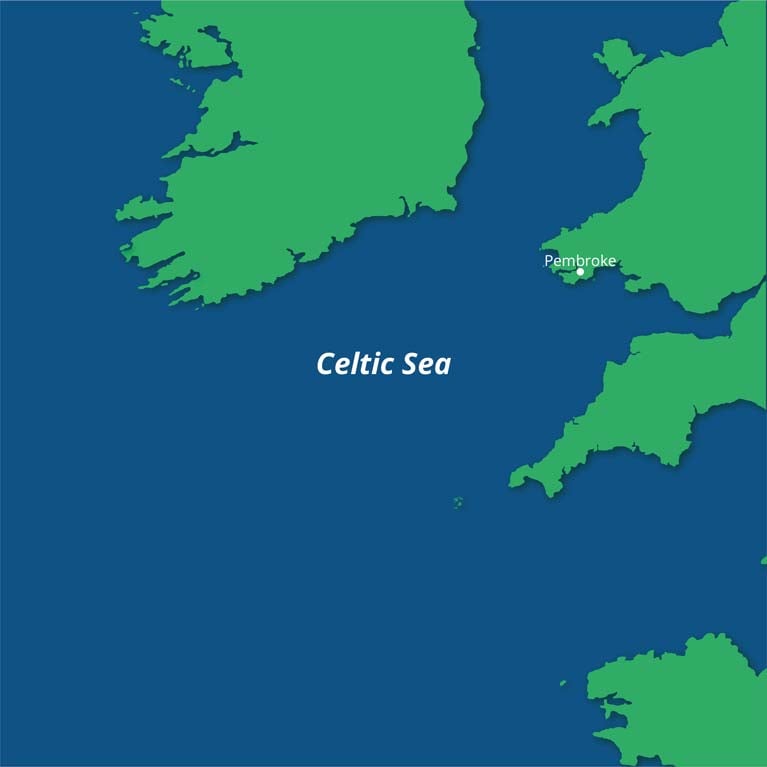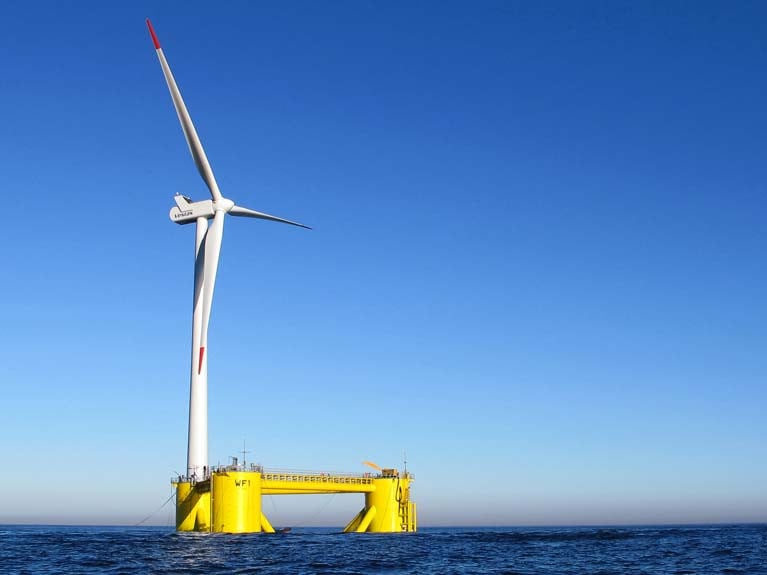Displaying items by tag: floating wind farm
Shetland Dialect Inspires New Name for ESB's Floating Wind Farm
Stoura, an old Shetland word for windy and for wide open space, has been selected as the new name for the ESB’s 500MW floating wind farm off the coast of the Scottish islands.
Stoura Wind Farm replaces the old name of Sealtainn after a contest held about all Shetland primary school children.
Entries were judged by four locals with confirmation from an expert that the winning name is in Shetland dialect.
“The overall winner, who attends Bells Brae Primary School in Lerwick, has generously decided to share the £1,250 prize fund with their classmates and a local charity,” the ESB said, and it had “matched this generosity” with a donation of its own..
The name is used for several local landmarks, including Stoura Stack, a sea stack in the Out Skerries islands, the closest part of Shetland to the proposed wind farm.
The Shetland dialect has both Nordic and Scottish roots and is a valued and essential element of Shetland's distinctive heritage and culture – with Tammie Norrie, for instance, the name for a puffin.
Spelling and interpretation of words can vary across the islands, and more details are here
Floating Wind Project for Celtic Sea Welcomed as "Remarkable" by Marine Renewables Industry Spokesman
An Irish renewable energy company has partnered with French energy major Total to develop one of the world’s largest floating wind projects off the Welsh coast.
Marine Renewables Industry Association (MRIA) chairman Peter Coyle has described the Simply Blue Energy and Total partnership as a “remarkable achievement”.
As The Sunday Times reports, Simply Blue Energy, founded by Sam Roch-Perks, has secured Total’s support for a joint venture 96MW floating wind farm in 70 metres of water about 45km off Pembroke in the Celtic Sea.
The project is a “stepping stone” to a more ambitious operation and could be operating within the next five years if given approval by the British Crown Estate.
Floating platforms are regarded as the future for offshore wind, and a recent Crown Estate Scotland study predicted a potential yield of some 34 billion pounds sterling for the British economy by 2050.
 The Simply Blue Energy Celtic Sea 96MW floating wind farm is in 70 metres of water about 45km off Pembroke in the Celtic Sea
The Simply Blue Energy Celtic Sea 96MW floating wind farm is in 70 metres of water about 45km off Pembroke in the Celtic Sea
The world’s first commercial floating wind farm, the 30 MW Hywind Scotland project developed by Norwegian energy company Equinor (formerly Statoil) and Masdar off Aberdeen, was commissioned in 2017.
The Total/Simply Blue Energy project has been named Erebus – both the Greek mythological son of Chaos and name of one of Sir John Franklin’s ill-fated North-West passage ships which had been built in Pembroke dockyard in Wales and disappeared in 1848.
The project involves mounting 8 to 12MW turbines on semi-submersible “WindFloat” platforms supplied by Principle Power, with generated energy feeding into an established grid connection at Pembroke.
Simply Blue Energy was founded in 2011 by Roch-Perks, an engineer and property developer. It employs 12 people in energy and aquaculture projects and has offices in Cornwall, Pembroke, Edinburgh and Waterford.
MRIA chairman Peter Coyle said the Simply Blue Energy Erebus project is a “very significant development in the Irish business world for two reasons”.
“It is a remarkable achievement for a small Irish start-up to win the support and trust of Total, one of the world’s largest oil companies, and to do so for a project which will be the largest floating wind – a novel and demanding technology – project in the world to date,” Mr Coyle said.
“The success of Erebus in Welsh waters is vital to Irish offshore renewable energy ambitions as it will prove the technology and open up the scope for our enormous wind resource in deep waters to be harnessed to generate electricity for both local and export use,” he added.
“It is hugely significant that an accomplished Irish business person like Sam Roch Perks, CEO of Simply Blue Energy, who has had a stellar business track record in Asia and Sweden, should opt to focus on the new world of offshore energy rather than devote his resources to more fashionable and safe opportunities in areas such as software development,” Mr Coyle said.
“Our world-beating wind and wave resource for electricity generation is perhaps the biggest opportunity for income and job creation facing Ireland over the coming decades and the early success of Simply Blue Energy in this pioneering partnership with one of Europe’s largest companies will be a key milestone and a remarkable achievement”.
For more on The Sunday Times report, read here
























































